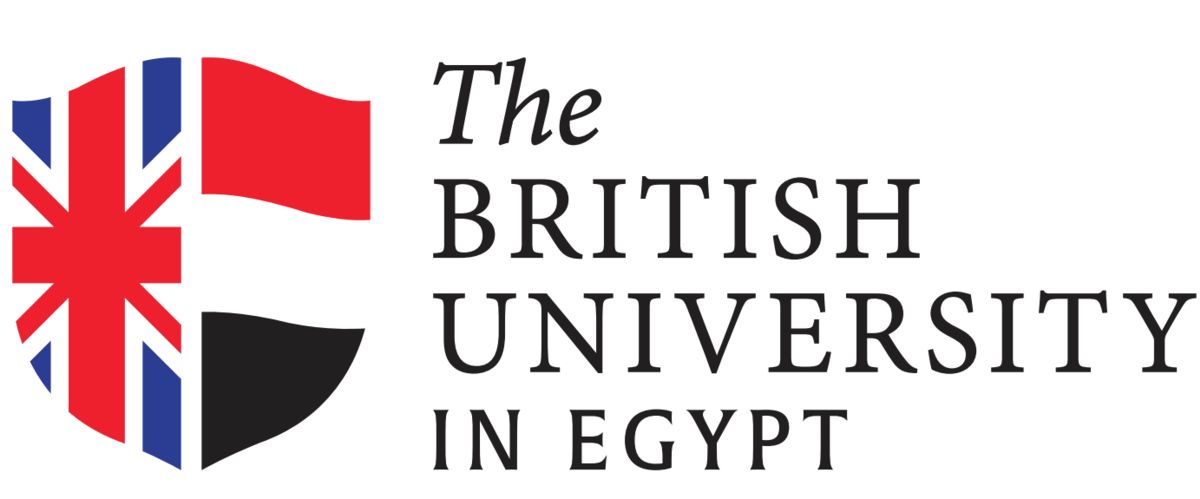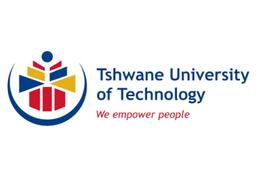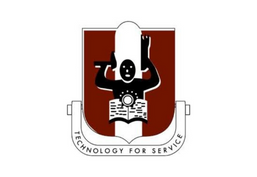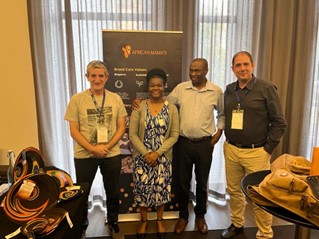SOLAR INDUCE is developing innovative so...
Continue →Partners
Project coordinator: Jose Ignacio Mujika Odriozola, COPRECI S Coop, Spain
Main topic addressed: Clean cooking and biomass transformation
Project partners:
Aim of SOLAR INDUCE
The project aims to develop and demonstrate innovative high performance and cost effective solar off grid cooking and refrigeration solutions in African rural and remote communities, focusing upon local content of manufacturing materials and local population employability.
Background
In Africa 700 million people lack access to clean cooking (Access to clean cooking SDG 7 Data and Projections Analysis IEA, 2020). In addition, in Africa nearly 40% of food perishes before it reaches the consumer (Food and Agriculture Organisation of the United Nations, 2020) It directly impacts the livelihoods of many households and the local economy, on health centers, schools, and food production and storage.
To address these challenges, the project develops a green cooking solution based on induction technology that is more efficient, more economical and more robust, to enable its powering by solar panels and its deployment in rural settings in Africa. It also develops an effective refrigeration cycle powered by solar energy during the day and through passive refrigeration overnight.
About SOLAR INDUCE
SOLAR INDUCE will apply the least cost-way alternative cost way to reach universal access to electricity by 2030 and to meet demand from newly connected households by deploying off-grid stand-alone systems while extending the main grid.
The system will integrate two sub-units. The first one consists of innovative low-power, low-cost induction cooking unit with improved efficiency for energy consumption specifically developed for off-grid operation and powered by solar photovoltaic panels, as well as improved robustness for working in a low power supply quality environment. The second one is a solar heat-powered refrigeration system that will include variable size refrigerator compartment with modular and replaceable hydrogel-based elements with the capacity to provide active refrigeration over the day and passive refrigeration over the night.
The intended results are the designs and optimisation of the following; an innovative induction solar cooker that incorporates a special insulation system to retain heat and reduce power consumption. a new adaptor for the solar induction cooktop that adapts each African country’s native cookware compatible to the induction cooktop, innovative absorption-refrigeration cycle powered by solar heat, refrigeration using natural hydrogel materials, a system that optimises environmental sustainability, cost-effective and less technical risk.
To ensure uptake of the technology developed in the project, training for the local population in technical knowledge and skills and behavioural change for using innovative off-grid cooking and refrigeration system is also provided.
Expected Results & Impacts
Expected results include:
- A fully functional induction cooker with a 10 efficiency improvement
- A cookware retrofit solution to enable the use of traditional cookware
- A local demonstration pilot in Nigeria to assist in the dissemination and promotion of this technology
- A solar refrigeration system prototype with passive refrigeration capability to be able to operate off grid, during power disruption, and in rural remote areas with limited power supply
Expected impacts:
- Helping to protect women and children from collecting wood for cooking and becoming ill due to respiratory problems
- Reducing the actual food losses by more than 80%, increasing food producers and retailers’ incomes by 30 %, and minimizing food spoilage and poisoning.








